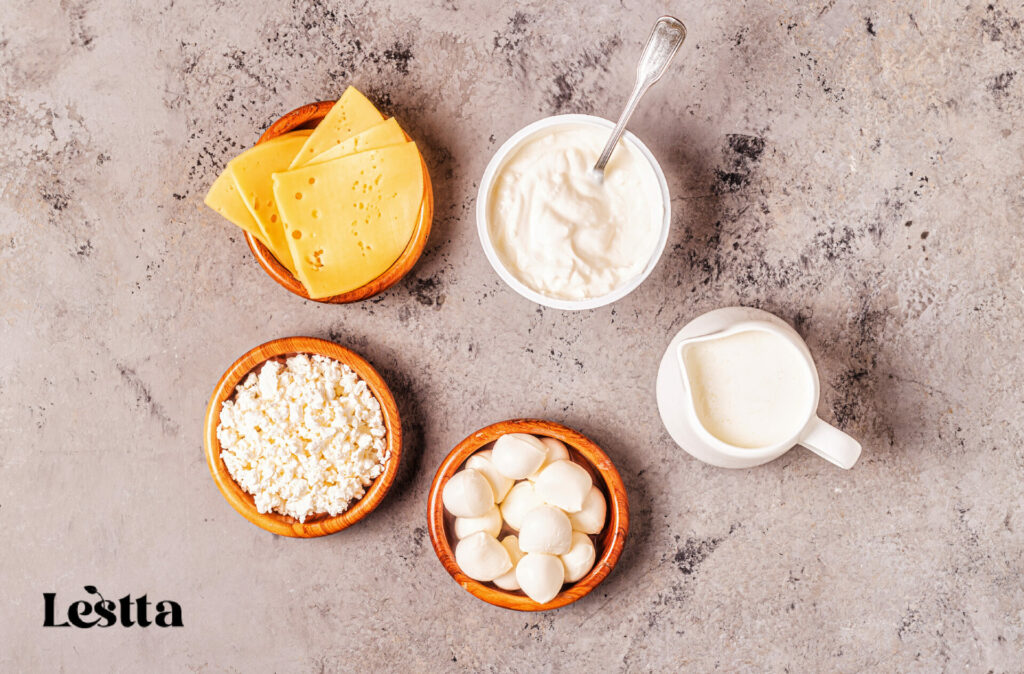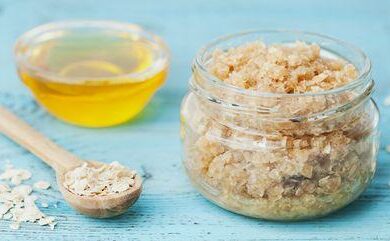When it comes to digestive health, probiotics have the ability to greatly improve the gut’s wellness and support it to perform in its ordinary manner. Some people use a probiotic supplement daily to maintain their overall health.
As health experts, we recommend you try them out, especially if you suffer from indigestion and have gut issues. Healthy gut microbes can improve your general immunity, reduce inflammation, and support bowel regularity. Everyday factors such as stress and eating choices may disrupt your gut microbiome, and probiotics can help restore it.
And for that, we have made our research to gather insightful knowledge about the health benefits of probiotics, where you can find them in food and how to consume that “good bacteria”.
Health benefits of probiotics:

- Balancing the bacteria: Probiotics can help maintain an appropriate balance of bacteria in the gut and repopulate it with healthy bacteria after conditions disrupt the microbiome.
- Less digestive disorders symptoms: Changes in the natural bacteria found in the stomach may contribute to digestive problems such as irritable bowel syndrome (IBS). According to some studies, probiotics may lower the severity of IBS symptoms such as bloating and stomach pain.
- Improves mood and reduces stress: Probiotic pills, which have been demonstrated to boost mood, sleep, and cognitive performance, can assist regenerate the gut bacteria during and after periods of stress.
- Stronger mental health: Changes in microbiota composition have been linked to sadness and anxiety. This could be because microorganisms in the stomach create 95 percent of the neurotransmitter serotonin, or “feel-good” hormone.
- Better nutrient absorption: Iron absorption is improved by probiotics, which is a crucial micronutrient for blood formation and oxygen delivery throughout the body.
Probiotic foods and drinks:
If you plan on taking in probiotics through food, here are a few ideal examples of probiotic foods;
- kefir
- yogurt
- labneh
- Kombucha
- cottage cheese
- Miso
- fermented olives
How to take probiotics

- Probiotics can be taken as a dietary supplement or through fermented foods and beverages. Both approaches have advantages.
- In general, food and drink sources may foster a higher diversity of bacteria in your biome, which is beneficial to your overall health.
- Some dietary sources may also provide prebiotics, which are fibers that probiotics require to develop.
In conclusion, now that you have discovered the power of probiotics for your health, whether it’s digestion, immunity or mental health, the benefits of including probiotics in your diet are endless as it acts as a multi purposeful tool. We recommend you consider asking your doctor for the most suitable probiotic supplement, while simultaneously consuming probiotic foods for the ultimate outcome.









